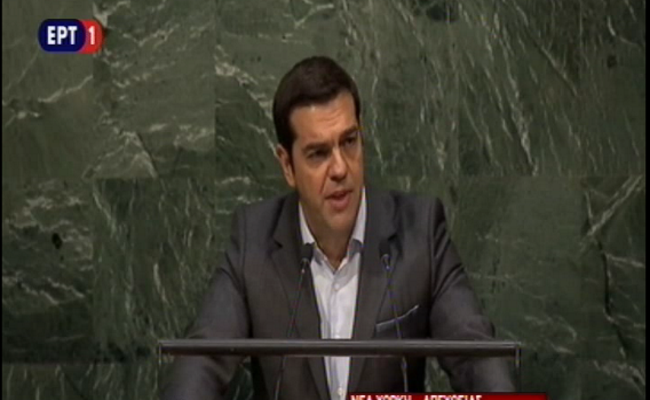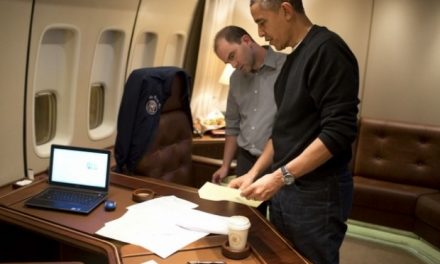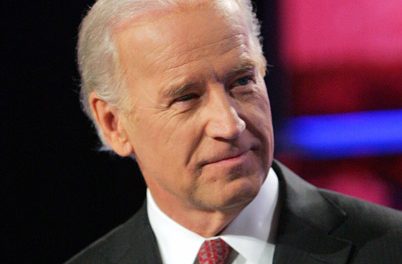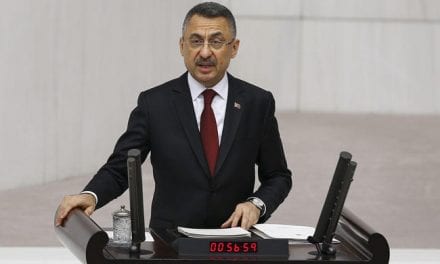By ERIC MAURICE, Euobserver
Greek prime minister Alexis Tsipras is using a trip to the UN general assembly to recruit new economic partners for Greece and advocate debt relief for Greece and developing countries in the world.
“The debt issue as an international challenge [is] at the heart of our global financial system,” he said at the UN post-2015 Development Agenda summit on Monday.
“Our experience in Greece could be instructive,” he said, explaining that Greece stood at the center of “three overlapping crises”: an economic crisis, a geopolitical crisis and a refugee crisis.
“None of the challenges we face in Greece, in Europe and even worldwide, cannot be simply addressed by putting targets,” he said. “In all forums, including this one, we should talk about how the restructuring or remodelling can be connected with development.”
Debt relief has been one of the core issue in talks between Tsipras’ government and Greece’s creditors – the EU, the European Central Bank (ECB) and the International Monetary Fund (IMF) – in recent months, with Tsipras calling for a restructuring of Greece’s debt.
The third Greek bailout agreement signed in August does not include debt relief but the EU and the IMF said talks on the issue could start in October after the first review of the bailout programme.
Tsipras, who arrived in New York on Saturday (26 September), will address the UN assembly general on Thursday (1 October). Apart from Monday’s development summit, he will participate in another UN event on migration and refugee movements on Wednesday.
Time to invest
On Sunday, he held a public discussion with former US president Bill Clinton at the Clinton Global Initiative’s annual meeting and called on investors “to come to Greece and to invest”.
“I think this is the time,” he said, adding that “the preconditions to make reforms is to create a most stable economic environment”.
“There are a lot of sectors where investment could take place,” Tsipras told Clinton and an audience of business people. He cited tourism, agro-food industry, IT, healthcare services and the pharmaceutical sector.
“We have to invest as a country in our human capital,” he also said, calling for investment in new technologies and research.
“Greece could be the field where the energy routes of the future could pass,” Tsipras also said, without explicitly mentioning the Turkish Stream pipeline plan with Russia.
In a awkward moment, the Greek PM remained speechless when Clinton asked him about a windmill power station in northern Greece that was sold to Germany.
On the margins of the UN development summit and general assembly, Tsipras briefly met US president Barack Obama and Cuban president Raul Castro.
He also held a meeting with Brazil’s Dilma Roussef, with whom he discussed strengthening the economic cooperation, specifically in the agricultural sector, the aerospace industry and energy.
In a meeting with Ecuador’s Rafael Correa, he discussed debt restructuring, and the role Greece could play in the development of economic relations between Latin America and the EU.



















